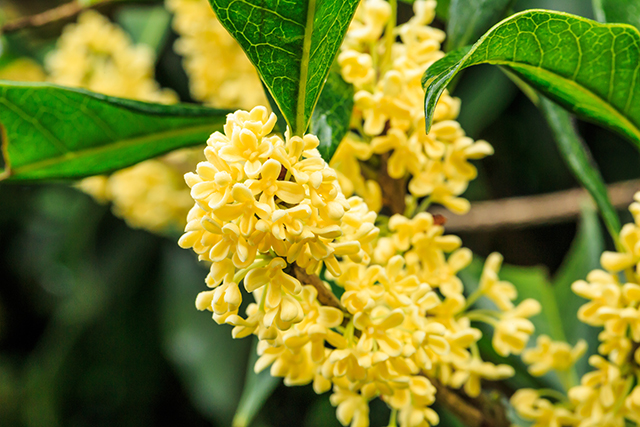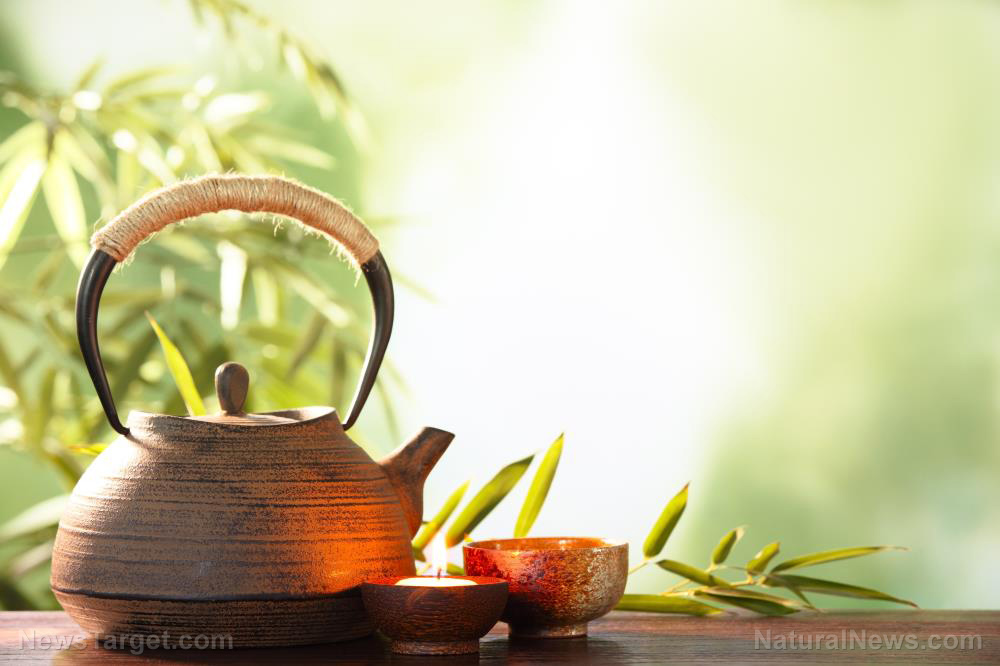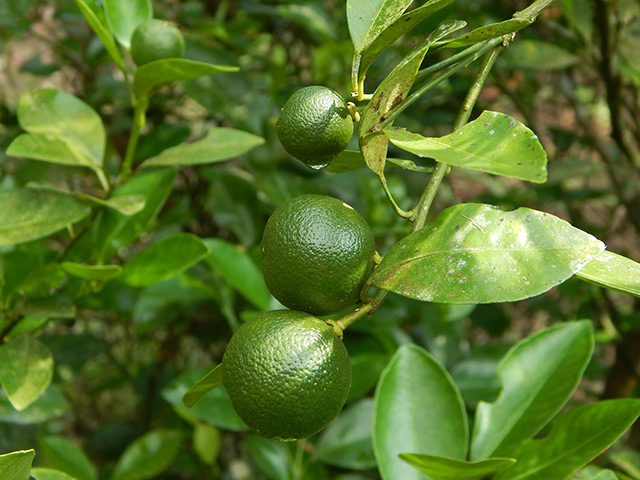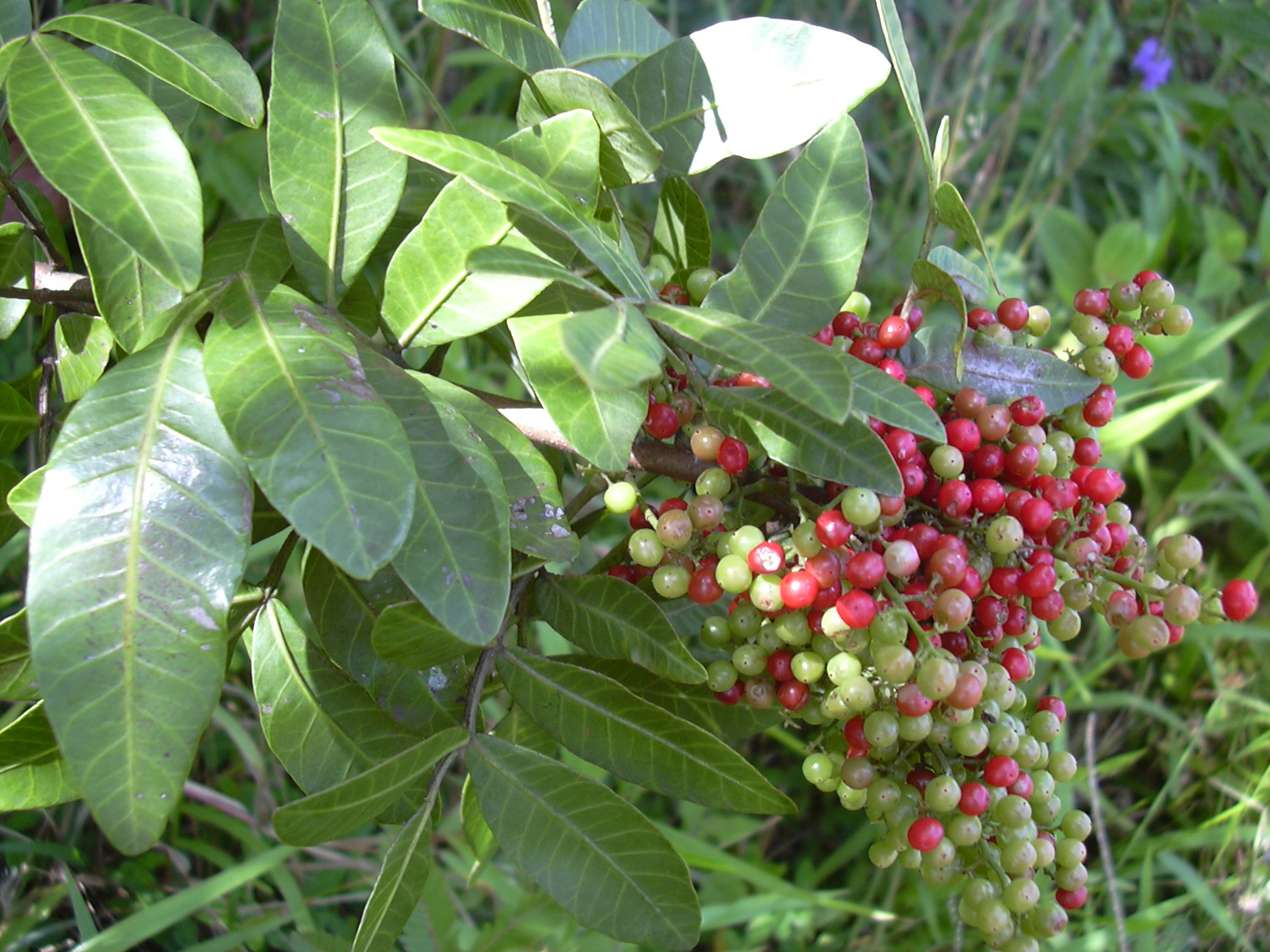Study explores the anti-inflammatory properties of sweet olives
03/24/2019 / By Michelle Simmons

Colitis, which is an inflammatory bowel disease (IBD), is caused by chronic inflammation of the gastrointestinal tract that occurs in the large intestine and rectum. Researchers from Taiwan suggest that this condition can be treated using a flowering plant called sweet olive (Osmanthus fragrans), also called sweet osmanthus. In their study, which was published in the Journal of Medicinal Food, they found that the extracts of sweet olive plant have powerful anti-inflammatory effects against colitis.
In traditional Chinese medicine, sweet olive is used to treat dysentery and reduce phlegm and stasis. In addition, research shows that verbascoside, which is the primary component in sweet olive extract, can inhibit the secretion of interleukin 8 (IL-8), which is believed to contribute to chronic inflammation and cancer, in a human colorectal adenocarcinoma cell line. However, the effect of sweet olive extract on IBD has not yet been fully understood. Therefore, the Taiwanese researchers measured the ability of sweet olive extract and verbascoside to suppress IL-8 secretion in cells.
In conducting the study, the researchers treated the cells with 100 micrograms per milliliter (?g/mL) of sweet olive extract and 10 micromolar (?M) of verbascoside. They found that both treatments significantly inhibited IL-8 production. In an animal trial, they treated mice with 500 milligrams per kilogram (mg/kg) of sweet olive extract per day. The treatment caused significant improvements in IBD symptoms. It also suppressed myeloperoxidase expression.
Based on these findings, the researchers concluded that sweet olive extract has powerful anti-inflammatory effects which can be used to treat inflammatory conditions like colitis. (Related: Ten Top Items: Address Ulcerative Colitis Naturally.)
100% organic essential oil sets now available for your home and personal care, including Rosemary, Oregano, Eucalyptus, Tea Tree, Clary Sage and more, all 100% organic and laboratory tested for safety. A multitude of uses, from stress reduction to topical first aid. See the complete listing here, and help support this news site.
Sweet osmanthus as tea
The flower buds of sweet olive plant can be made into tea, which is commonly known as osmanthus tea. Originating in China, this caffeine-free tea is consumed for its health benefits and can be used as:
- A potential appetite suppressant: In a study published in Scientific Reports, researchers found that the fragrant aroma of osmanthus tea decreases the activity of brain chemicals that stimulate appetite and increases the activity of appetite-suppressing brain chemicals. These findings suggest that inhaling the scent of osmanthus tea may help suppress your appetite.
- A great source of vitamin B3: In a study published in the Journal of Natural Medicines, a team of researchers investigated the substances in the flowers of sweet olive plant and found that its flowers contain high amounts of vitamin B3. Also known as niacinamide, this lesser-known form of vitamin B helps the body convert carbohydrates to energy – similar to all B vitamins. According to researchers at the University of Maryland Medical Center, this B-vitamin may also help protect insulin-producing cells in people with Type 1 diabetes.
- A great source of polyphenols: Clinical research shows that sweet olive plant is rich in antioxidants, which ward off oxidative stress, get rid of toxins, and fight free radicals. A diet rich in antioxidants also helps prevent diseases, such as coronary heart disease.
- A pain reliever: Drinking osmanthus tea has pain-relieving effects on menstrual pain, stomach aches, and diarrhea. In addition, this tea can be used to improve digestion and reduce bloating and gas.
- An anti-allergen: Osmanthus tea has anti-allergic agents that help reduce congestion in the throat and mucus caused by inflamed lungs.
Making your own osmanthus tea is easy. To make a cup of osmanthus tea, put 1 teaspoon dried osmanthus flowers in a teacup. Then, pour boiling water to the cup and cover it. After two to three minutes, add 2 teaspoons of honey, stir well, and enjoy. Osmanthus tea is widely consumed in Asia and is readily available at Chinese health food stores and online in loose leaf and tea bag form.
Read more news stories and studies on natural treatments for IBDs like colitis by going to NaturalMedicine.news.
Sources include:
Tagged Under: alternative medicine, anti-inflammatory, colitis, food as medicine, foodcures, herbal medicine, Herbs, IBD, inflammatory bowel diseases, interleukin-8, medicinal plants, natural cures, natural healing, natural medicine, natural remedies, Osmanthus fragrans, prevention, sweet olive, sweet osmanthus, verbascoside


















